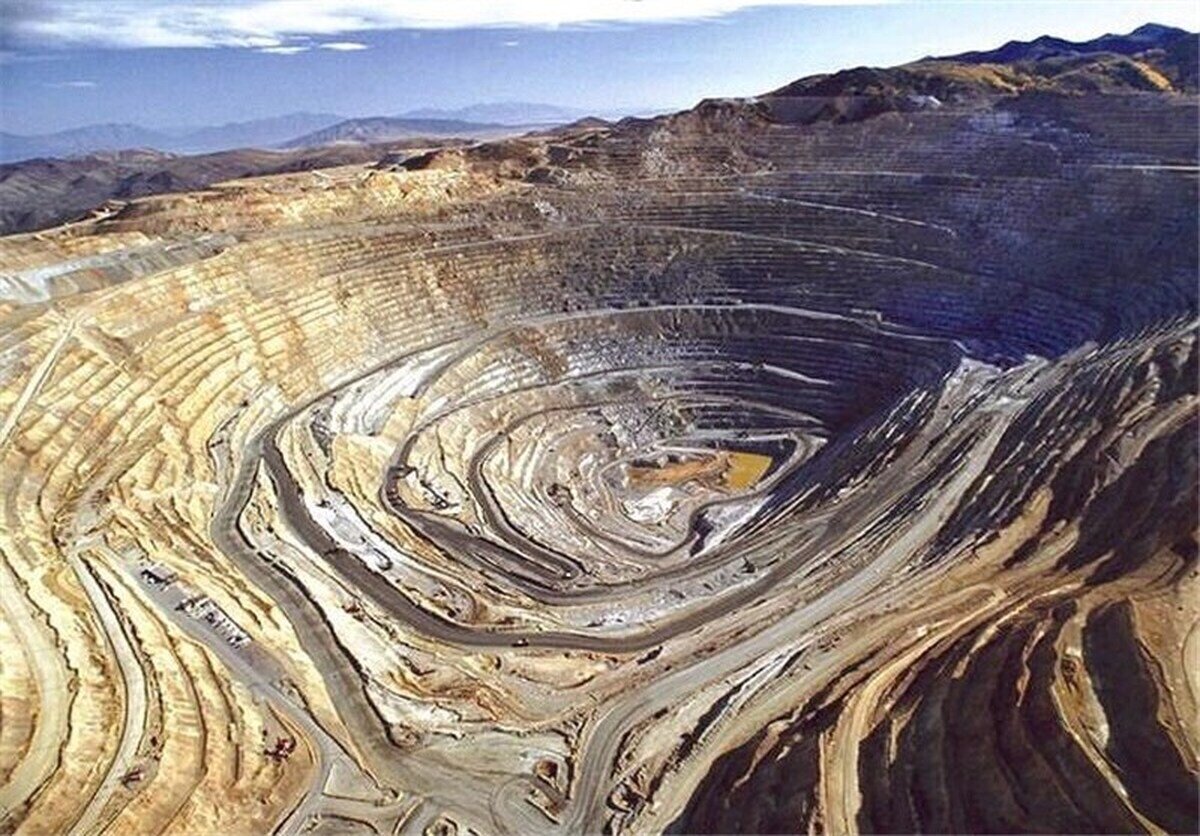$10b to be invested for copper industry development

TEHRAN- The head of Iranian Mines and Mining Industries Development and Renovation Organization (IMIDRO) referred to the investment of $10 billion for the development of the copper industry, and emphasized on the rapid implementation of the seven driving plans of the National Iranian Copper Industries Company (NICICO).
Speaking in the monitoring meeting of National Copper Industries Company's driving projects, Mohammad Aghajanlu said the government is pursuing the implementation and completion of development projects in the mining and mineral industries sector, and in order to realize this important objective, IMIDRO has prioritized the necessary support for companies, complexes and projects.
He added that the completion and implementation of development plans for the mining sector and mining industries is the main strategy in realizing the goal of 13-percent growth of the mining sector in the Seventh National Development Plan.
IMIDRO is a major state-owned holding company active in the mining sector in Iran. It has eight major companies and 55 operational subsidiaries active in steel, aluminum, copper, cement, and mineral exploitation fields.
Having 81 different types of minerals, Iran is one of the top 10 mineral-rich countries across the globe. In this regard, the Iranian government has been seriously pursuing several programs for promoting the mining sector as a major contributor to the country’s economic growth.
Iran's mining sector plays a pivotal role in the country’s economy, contributing significantly to non-oil export revenues. With over 68 types of minerals, including large reserves of iron ore, copper, zinc, and rare earth elements, the nation ranks among the world’s top 15 mineral-rich countries.
The country boasts more than 10,000 active mines, employing hundreds of thousands of workers directly and indirectly. Key mining hubs such as Yazd, Kerman, and East Azerbaijan provinces are home to extensive operations, including extraction and processing facilities for metals and minerals critical to domestic industries and global markets.
Recent years have seen substantial investments in the sector to boost production capacity and modernize infrastructure. The government has also prioritized the development of downstream industries, particularly in steel and aluminum production, to maximize value addition and reduce reliance on raw material exports.
Moreover, Iran’s strategic location, with access to both the Persian Gulf and Caspian Sea, positions it as a key player in regional and international trade of mining products. Despite challenges posed by international sanctions, the mining industry continues to demonstrate resilience and adaptability, leveraging domestic resources and fostering collaborations with friendly nations.
With the ongoing focus on sustainability and technological innovation, the mining sector is poised to maintain its upward trajectory and further cement its status as a cornerstone of Iran's economic development.
Iran's Mines and Mining Industries Development and Renovation Organization has announced that the mining and mineral industries sector exported approximately $8.8 billion worth of products in the first eight months of the current Iranian year.
According to a report from IMIDRO, between March 20 and November 21, Iran exported 41.79 million tons of mining and mineral products valued at $8.799 billion. This represents a two percent increase in tonnage and a three percent rise in export value compared to the same period last year, which saw exports of 41.14 million tons worth $8.552 billion.
The majority of the exports during this period comprised steel, aluminum, and copper products, with a combined volume of 21.52 million tons valued at $6.767 billion.
On the import side, the mining and mineral industries brought in 2.89 million tons of goods worth $7.496 billion over the same period.
While the import volume fell by 19 percent compared to the 3.56 million tons imported during the corresponding period last year, the value of imports rose sharply by 78 percent from $4.205 billion to $7.496 billion.
This growth in import value underscores rising costs and increased demand for specific mining-related products in the domestic market.
MA
